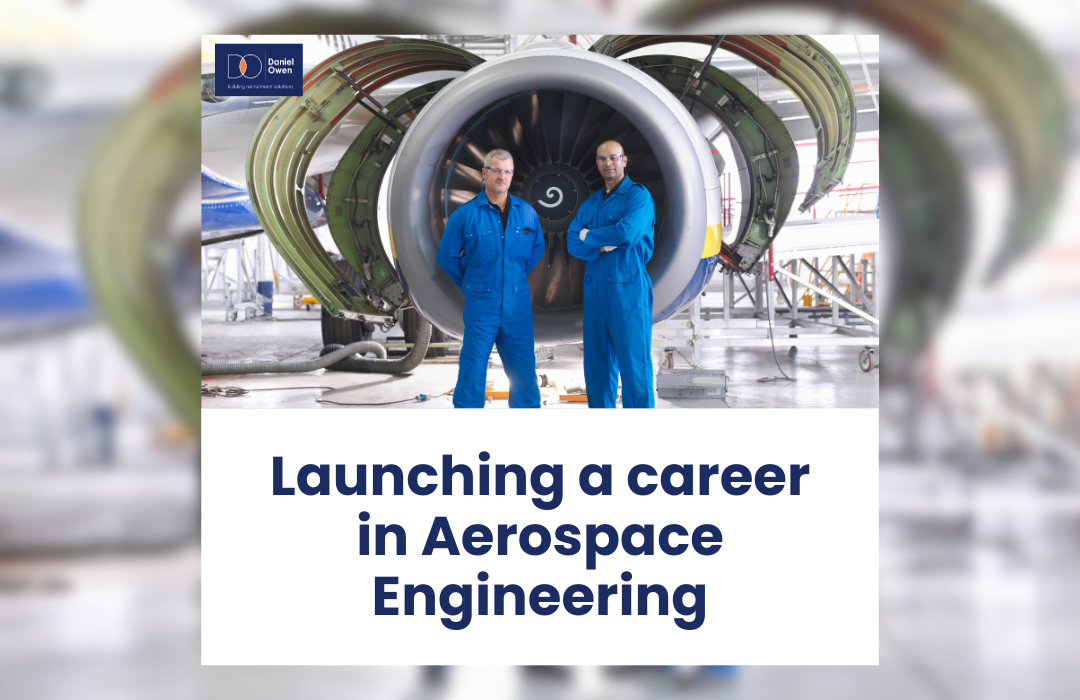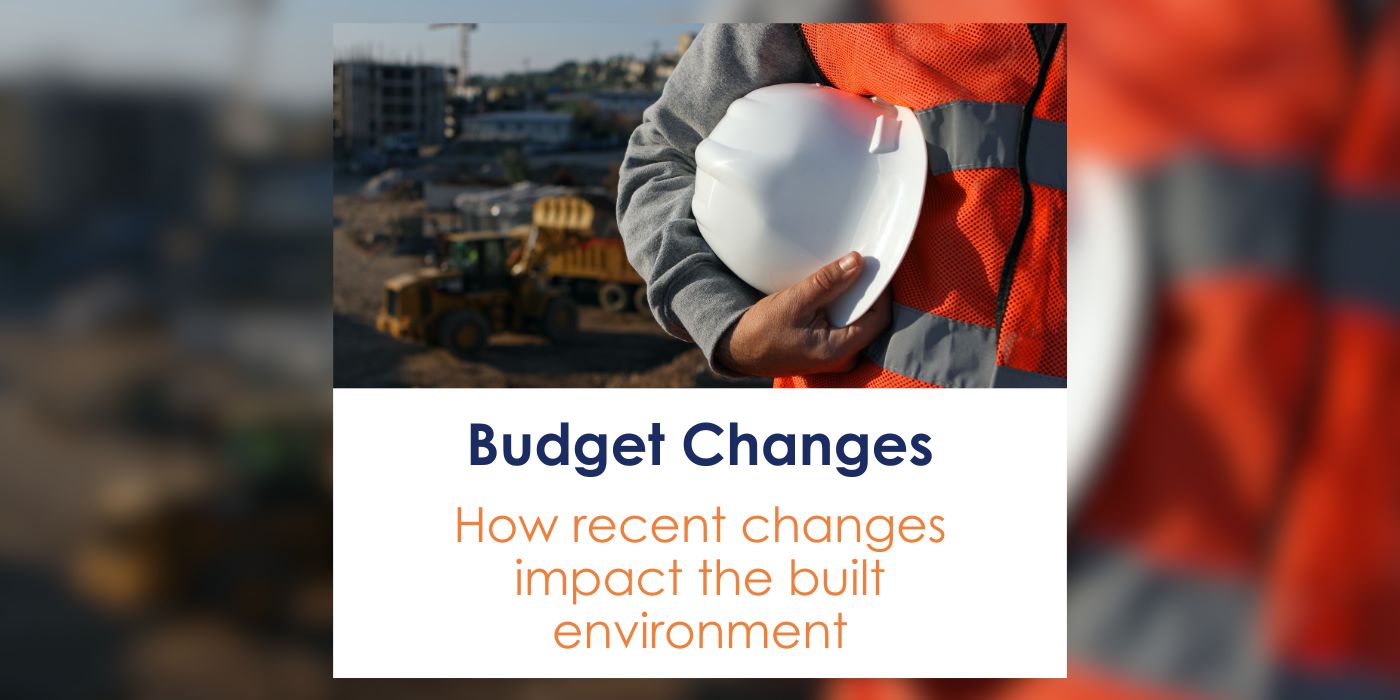
How to launch a career in Aerospace Engineering
24 Nov, 20238 MinutesBuilding a successful engineering career requires a strategic approach in the dynamic world ...

Building a successful engineering career requires a strategic approach in the dynamic world of aerospace. Whether you are a student, a recent graduate or looking for a change, this tailored guide will provide all the information you need to launch your aeronautical engineering career. From education, professional development, and networking, you will explore the key steps to propel your career to new heights.
Setting Your Course - Educational Foundations
Education is highly valued in engineering; embarking on the correct course can help you get your foot in the door and build your skills. Engineering apprenticeships and University courses that provide Years in Industry are a great way to do this; BAE Systems, Rolls-Royce, Airbus and Leonardo Helicopters provide some of the best aerospace engineering apprenticeships, whilst Russell Group and Red Brick universities that place an emphasis on Years in Industry include Bath, Leicester, Bristol, York, and many others.
Gearing Up - Essential Skills for Aerospace Engineers
At GCSE and A-Level, a strong grounding in Maths and Physics is essential as your education progresses, and irrespective of where your future in Aerospace lies, knowledge breadth, as well as depth in a specific field, is important. An understanding of both structure and systems, from design and analysis perspectives, will stand you in very good stead. Materials knowledge is important, and an understanding of Chemistry also become ever-more impactful due to the rise of SAF (Sustainable Aviation Fuel) and alternative fuels. Skillsets and proficiencies with CAD (Computer Aided Design) and analytical software aimed at Structural analysis (ANSYS, etc) are a must, with a particular need for these in the field of F&DT (Fatigue and Damage Tolerance). Report writing and communication skills will always be necessary, and an awareness of current industry news (Artificial Intelligence, Sustainability, EVTOL, etc) will grant you additional credibility as a new start in the industry.
Networking - Building Industry Connections
Networking is a fantastic way to connect in the aeronautical engineering world. Attend relevant industry events, seminars, and conferences and become connected with industry professionals, academics, and potential employers. Additionally, joining recognised organisations such as the RaeS and the Institution of Mechanical Engineers (IMechE) can provide valuable networking opportunities. Leverage online platforms like LinkedIn to connect with professionals, participate in discussions, and showcase your passion for aerospace engineering.
Navigating the Job Market - Job Search Strategies
Ensure your job search strategy is well-targeted to your desired industry. Explore job boards, company websites, industry-specific recruitment agencies, and social media platforms like LinkedIn. Tailor your CV and cover letter highlighting your aerospace engineering skills and experiences. Consider applying to internships or graduate programmes if you need to gain some industry experience. Don’t underestimate the power of informational interviews, where you can learn about potential employers and industry insights and network with potential employers.
Soaring to Success - Continuous Learning and Professional Development
Stay informed about industry advancements, pursue postgraduate studies and professional certifications, and engage in ongoing training programmes. Individual and team competitions receive a lot of attention within Aerospace and Engineering in general, and competing in these will advance your own skills and understanding of the industry. Employers value professionals committed to staying at the forefront of the aerospace industry. Overall, embarking on a career in aerospace engineering requires dedication, strategy, and planning. By focusing on education, developing essential skills, building a solid network, and navigating the job market strategically, you can set yourself up for a successful and fulfilling career in the aerospace industry.
Overall, embarking on a career in aerospace engineering requires dedication, strategy, and planning. By focusing on education, developing essential skills, building a solid network, and navigating the job market strategically, you can set yourself up for a successful and fulfilling career in the aerospace industry.
Engineering Recruitment - Some Useful Links
If you're looking for more information on our engineering division, you can read about it here:
Engineering Recruitment - More Info
And if you're seeking the latest jobs in aerospace engineering, you can see them here:


